La mujer de mis sueños (1944) Online
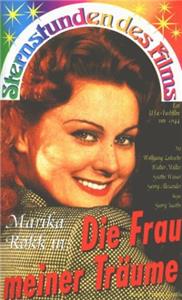
A revue star escapes her exhausting theatre life. By train she travels to the mountains. Alone in the wilderness and dressed only in her fur coat, she is rescued by two engineers.
| Credited cast: | |||
| Marika Rökk | - | Julia Koestner | |
| Wolfgang Lukschy | - | Peter Groll, Oberingenieur | |
| Walter Müller | - | Erwin Forster, Ingenieur | |
| Georg Alexander | - | Der Theaterdirektor | |
| Grethe Weiser | - | Luise, Jungfer bei Julia | |
| Inge Drexel | - | Resi, Mädchen aus dem Dorfe | |
| Karl Hannemann | - | Gepäckträger am Bahnhof | |
| Karl Etlinger | - | Oberkellner im Bahnhofsrestaurant | |
| Victor Janson | - | Lokalgast (as Viktor Janson) | |
| Jakob Tiedtke | - | Alter Mann an dr Theaterkasse | |
| Wilhelm Schulte-Vogelheim | - | Julias Tanzpartner | |
| Valentin Fromann | - | Julias Tanzpartner | |
| Rest of cast listed alphabetically: | |||
| Walter Bechmann | |||
| Julius Brandt | - | Reisender im Schlafwagenabteil | |
| Egon Brosig |
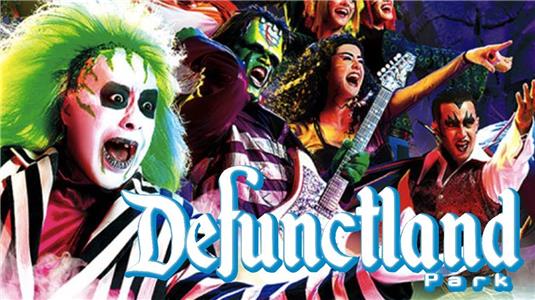

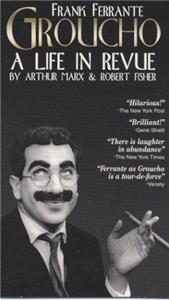
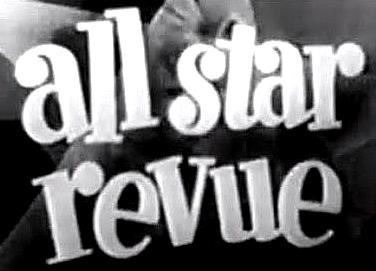
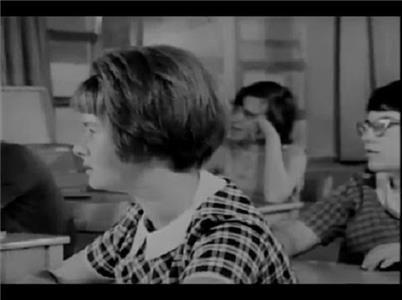
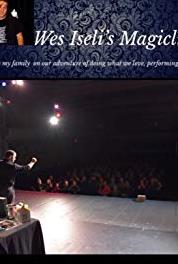



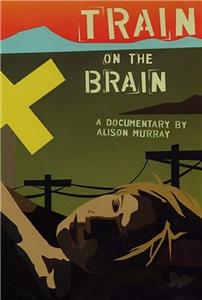
User reviews